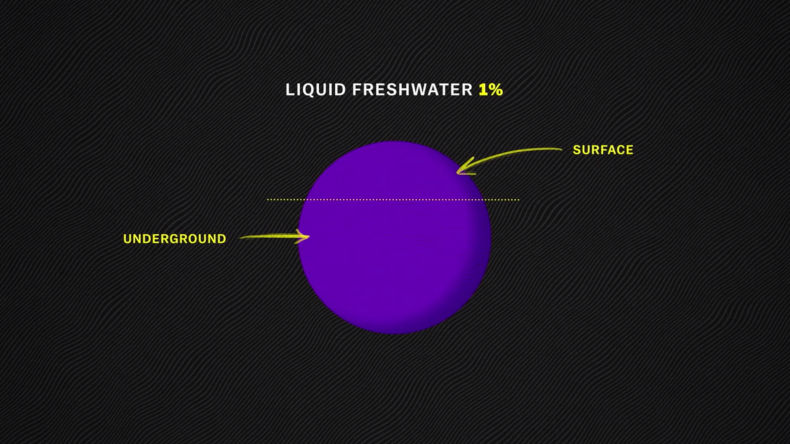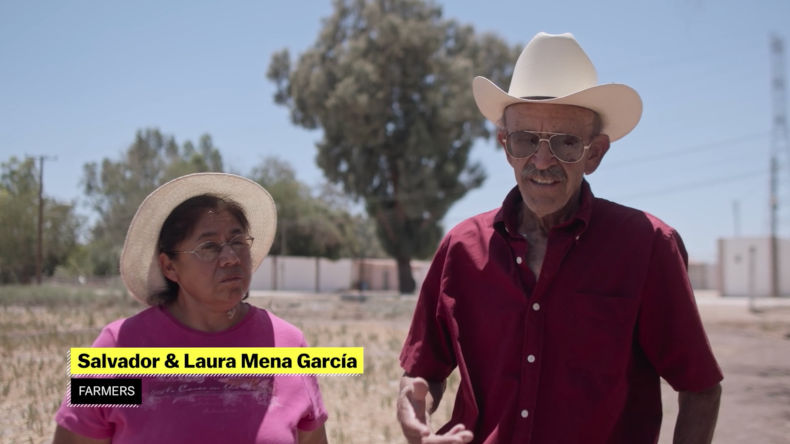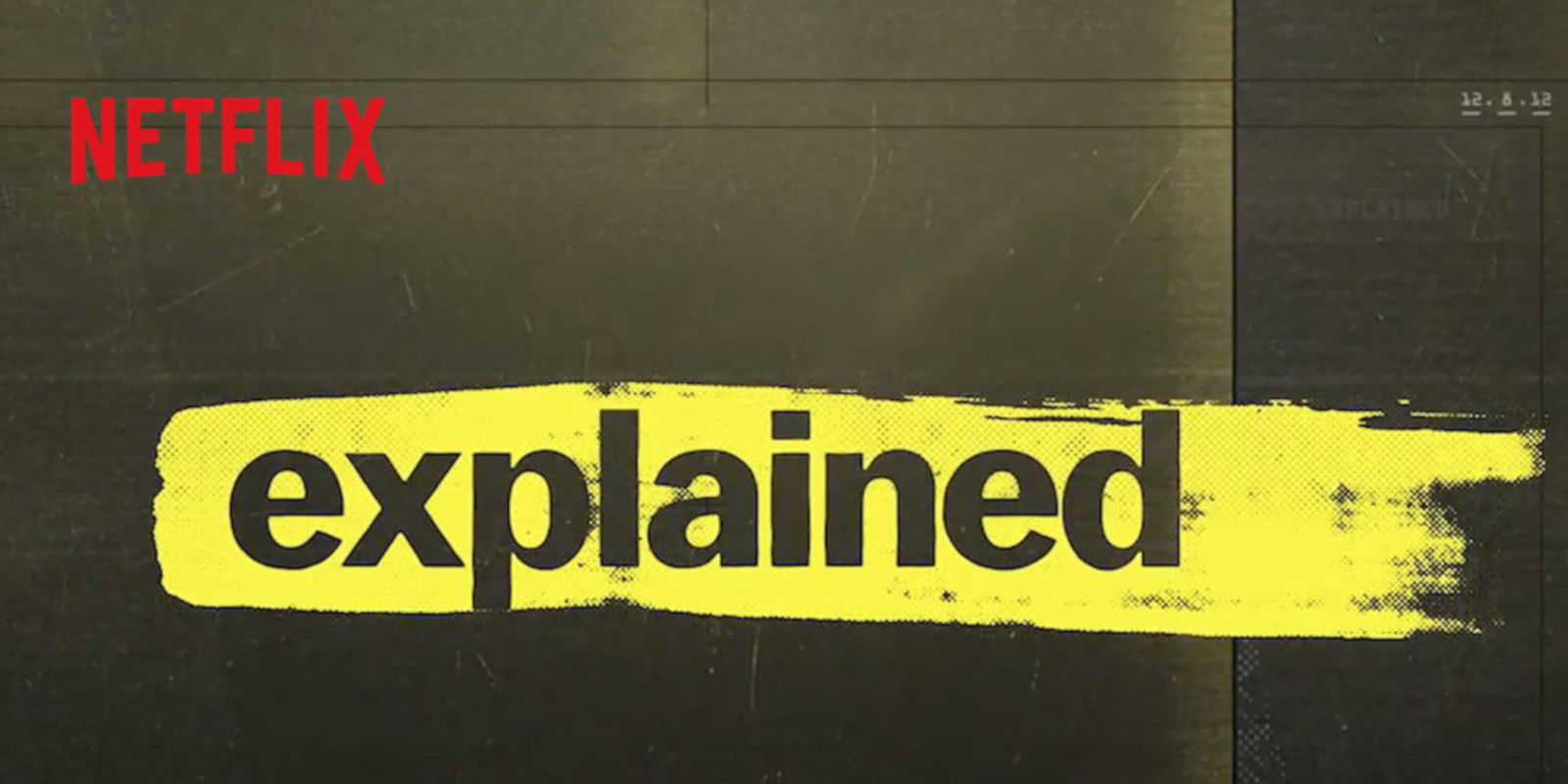I don't watch much YouTube these days, but when I do, 90 percent of the time it's a video essay—you know, the kinds of videos by content creators like Game Maker's Toolkit, Lessons From the Screenplay, and Wendover Productions.
What I love most about video essays is how they deliver information through eye-catching visuals, much in the same way that infographics do.
So you can imagine my glee when Vox's Explained showed up last year in my list of recommendations on Netflix.
Explained is an episodic docuseries where every episode—only about 15 to 20 minutes long each—is a self-contained exploration of an individual topic, very much in line with how YouTube video essays operate.
The very first episode poses the question, "When does sound become music?" Rather thought-provoking, I do admit. Other interesting episodes include "How did the sport of cricket become so popular?" and "Why are diets often unsuccessful?"
Of course, Vox being Vox, there are occasional episodes that dive into politically charged topics, such as "Where did the racial wealth gap come from?" and "What can we do about the global water crisis?" I'm not a huge fan of Vox's brand of heavy-handed political journalism, but I gave the series a shot anyway.
The Good
One of the subtle but welcome elements in Explained is how each episode features a guest narrator.
Video essays need narrators, after all, but Vox doesn't lead the charge with their own voice, instead handing the reins over to high-profile figures—often, but not always, related to the topic at hand—who can deliver the narration with their own passion.
Sure, every episode is scripted, and each script feels like one that was written by Vox, but I appreciate how each episode hits me differently because each episode is carried by a different voice.

I also appreciate that each episode endeavors to be an unbiased overview of a given topic, rather than beating you over the head with preconceived stances.
Now, to be fair, a lot of the questions posed by Explained aren't easy to answer in a purely objective way, and it's almost like they want you to have a predetermined leaning one way or the other as you flip on the episode.
I mean, topics like "What are esports?" and "What is K-pop?" are relatively dull and non-divisive compared to questions like "Is monogamy natural?" and "When can we start editing the genes of babies?"
Yet as incendiary and even troll-bait as these topics might seem, Vox does an admirable job in presenting things as impartially as they can by inviting people from all sides of a topic to do the talking themselves. The narrator in Explained is mainly there to segue between segments and lead the exploration down certain paths with rhetorical questions as setup.

And, all things considered, Explained is a pretty light watch. It's the kind of show that you can flip on when you're stressed or exhausted and just veg out to.
The topics might be heavy, but the presentation is always bright, engaging, and even at times calming. I was honestly sad when I ran out of episodes because it was perfect as a meal-time watch.
The Bad
I praised the objectivity of Explained above, but humans are incapable of true objectivity, and you can tell that some episodes are produced with a certain lean.
And you know what? That's fine. I don't have to agree with everything they believe, and I don't regret watching any of the episodes where I disagreed with their apparent lean on a topic.
But if I'm honest, I wish Vox would stay away from topics like the "racial wealth gap" and "gender wage gap" and stick to the more fringe ideas like "Do we overuse exclamation points?" and "Why haven't we discovered extraterrestrial life yet?" and "Will it be possible to live forever?"
Those are the episodes I found most interesting, but sadly there weren't enough of them.

The reason why I'm saying this isn't because I think Vox should stay away from politically charged topics. Vox is Vox, and we all know that'll never happen.
It's just that 15 to 20 minutes isn't enough time to do these topics justice. There are entire documentary films with 120-minute runtimes that fail to adequately address some of these subjects, and it's downright irresponsible for Vox to think they can do better in such a short span of time.
And that's my main gripe with Explained. For a series that hinges on the promise to explain these various concepts and questions, it only does so in the most cursory ways.
It's entertaining to watch but fails to be anything more than an appetizer, and that's a disservice to viewers—especially those who aren't exactly the independent thinker types.
The Verdict
A second season has been greenlit by Netflix, which I'm eagerly waiting for. I hope the second season will either dig deeper or keep to fringe topics, but I won't hold my breath.
As it stands, Explained is little more than a way to kill time with the occasional bit of insight. I recommend watching it if you have nothing else to watch, but you won't miss much if you don't.
Fun facts: The "cryptocurrency" episode is narrated by Christian Slater, which may be related to his starring role in the hacker drama Mr. Robot. The "weed" episode is narrated by Kevin Smith. The "political correctness" episode is narrated by Jerry Springer.

